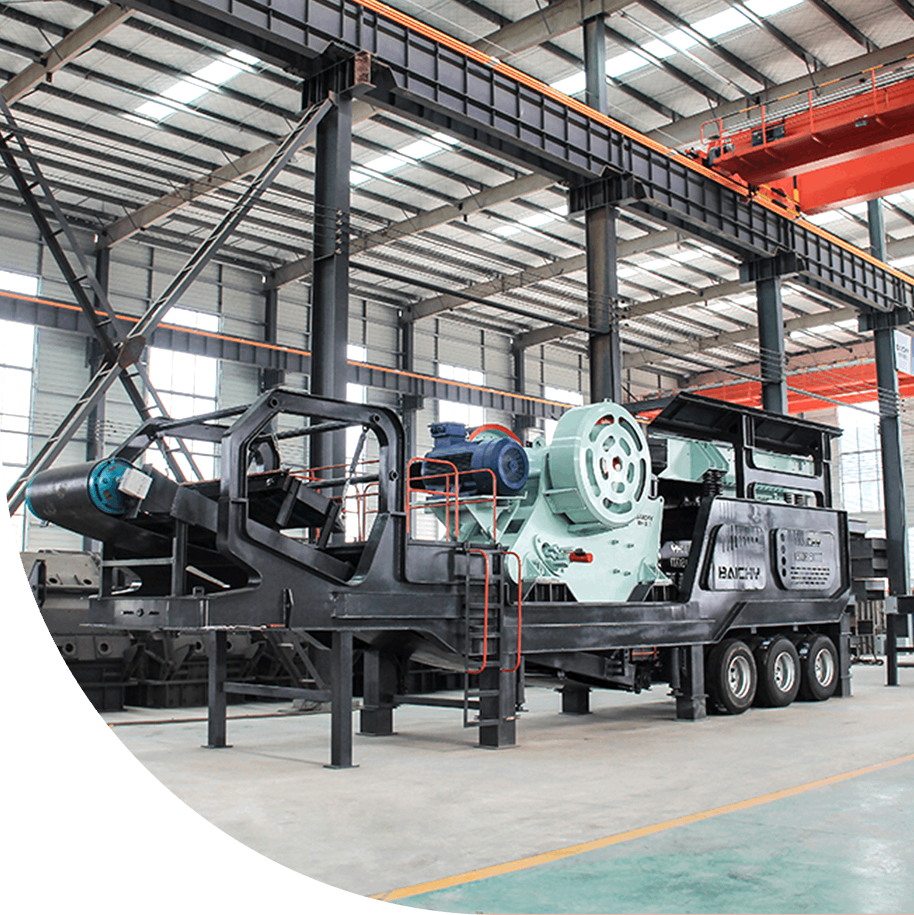The clinker ball mill grinding process involves several key steps to ensure efficient and high-quality cement production:
1. Clinker Storage & Feeding
• Clinker, produced from the cement kiln, is stored in a clinker silo or hopper.
• A vibrating feeder or belt conveyor regulates and transports the clinker to the ball mill at a controlled rate to maintain a consistent output.
2. Grinding in the Ball Mill
• The clinker ball mill is the core equipment where the actual grinding takes place.
• Inside the rotating mill cylinder, steel balls cascade and crush the clinker into fine particles due to impact and attrition.
• The mill is usually horizontal and rotates around its axis, ensuring efficient material flow and grinding action.
3. Classification & Powder Collection
• Air Classifier: Separates oversize particles (>450 mesh) from the fine cement powder. Oversized material is returned to the ball mill for re-grinding, ensuring uniform fineness.
• Pulse Bag Filter: Traps residual dust (emission rate ≤30mg/m³), complying with global environmental regulations (e.g., EU Industrial Emissions Directive, U.S. EPA standards).
4. Storage & Packaging
• Cement Silo (50–100 Ton Capacity): Stores finished cement to maintain a steady supply for packaging or direct delivery.
• Automatic Bagging Machine: Fills cement into 25kg or 50kg bags (common for retail sales) or bulk containers (for ready-mix concrete plants).


















